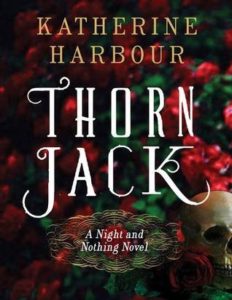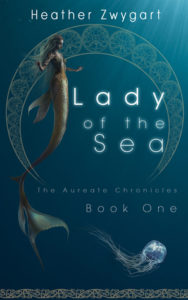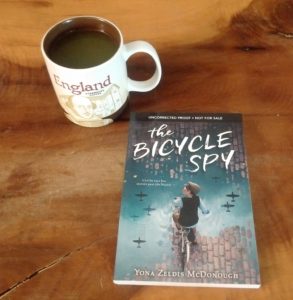 I borrowed Thorn Jack, by Katherine Harbour, from my local library.
I borrowed Thorn Jack, by Katherine Harbour, from my local library.
Description from Goodreads:
They call us things with teeth. These words from Lily Rose Sullivan the night of her death haunts her seventeen-year-old sister, Finn, who has moved with her widowed father to his hometown of Fair Hollow, New York. After befriending a boy named Christie Hart and his best friend, Sylvie Whitethorn, Finn is invited to a lakeside party where she encounters the alluring Jack Fata, a member of the town’s mysterious Fata family. Despite Jack’s air of danger and his clever words, Finn learns they have things in common.
One day, while unpacking, Finn finds her sister’s journal, scrawled with descriptions of creatures that bear a sinister resemblance to Jack’s family. Finn dismisses these stories as fiction, but Jack’s family has a secret—the Fatas are the children of nothing and night, nomadic beings who have been preying on humanity for centuries—and Jack fears that his friendship with Finn has drawn the attention of the most dangerous members of his family—Reiko Fata and vicious Caliban, otherwise known as the white snake and the crooked dog.
Plagued with nightmares about her sister, Finn attempts to discover what happened to Lily Rose and begins to suspect that the Fatas are somehow tied to Lily Rose’s untimely death. Drawn to Jack, determined to solve the mystery of her sister’s suicide, Finn must navigate a dangerous world where nothing is as it seems.
Review:
I’m a sucker for old school, dangerous, horrific fae. And this book has them in spades. So, A+ for that. But the writing was often confusing, the plotting dragged at times, and it tried so hard to be mysterious and goth that it came across as forced.
I’m not saying I didn’t like it. It was amusing enough. I just wasn’t blown away by it. Plus, I was left with questions. For example, Finn couldn’t see the fae for most of her life, didn’t even know her sister could. But she sees them just fine in the course of the novel, is shown to have seen them in the past. So, how’d she stay so clueless? Or what was the cause of the insta-attraction between Finn and Jack? Sorry, the little bit we’re given didn’t convince me at all.
The writing, other than being overly dramatic and unclear at times, was mostly ok. But there were some issue with repeat words that started to feel like nails on a chalkboard. I plan to read the rest of the series, though.

 I downloaded
I downloaded  Last year I won a copy of
Last year I won a copy of